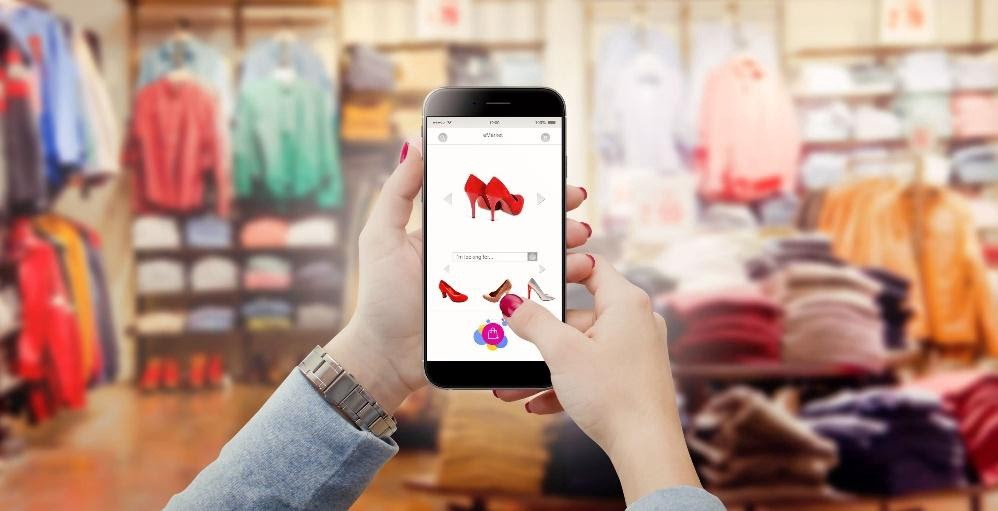Valued at over 3 trillion dollars, the global fashion industry contributes to a healthy 2% of the global GDP. Be it through the sewing machine or the eCommerce market, the fashion industry has always been the pioneers of technological innovation. In the 21st century, technology-driven innovations like artificial intelligence (AI) or machine learning in the fashion industry are changing every aspect of this forward-looking business domain.
The use of AI in the fashion industry of 2020 has become so well entrenched that 44% of the fashion retailers (who have not adopted AI) are today facing bankruptcy. As a result of this, global spending on AI technologies by the fashion & retail industry is expected to reach $7.3 billion each year by the year 2022.

What is the relevance of technologies like AI and machine learning for the fashion industry across the globe? In the following sections, we shall look at how popular fashion brands are utilizing these technologies along with some of industry use cases and benefits.
Artificial Intelligence & Machine Learning — Impact in the Fashion Industry
Supported by the easy availability of big data, customer personalization, and other services in fashion companies are simply no longer feasible without the use of AI in fashion. According to McKinsey, the leading 20% of the global fashion brands are generating 144% of the industry profits. This means that for any fashion brand, it needs to be in the top 20% to be a profitable business. Driven by this necessity, fashion brands are investing in AI and ML technologies to remain relevant in a highly competitive marketplace.
Benefits of AI and ML for the Fashion Industry
Improved customer personalization
Be it the video streaming or the fashion industry, personalization is key to business success. Thanks to big data innovation, there is plenty of customer data waiting to be tapped and analyzed. Deep learning technologies like AI and ML along with business analytics is enabling fashion businesses to keep track of fashion trends and the purchasing behavior of individual customers.
Enhanced customer service
The emergence of intelligent chatbots and other assistive technologies has transformed customer service and the way shoppers interact with fashion brands. From tracking sales leads to recommending products, chatbots have improved conversions and the overall brand experience.
Improved inventory management
AI-based predictive analytics enable fashion retailers to learn from prevailing customer behavior and plan their inventory stocks accordingly. AI-powered tools can help the fashion business identify their best- (& worst-) selling items and plan their inventories accurately.
Lesser manpower through automation
Another key benefit of AI and ML technologies is that it enables fashion houses to automate repetitive or mundane tasks usually performed by human agents. Tasks like data entry and customer support can be handled now by AI, thus freeing human agents to focus on more strategic activities.
Reduction in returned products
Return of sold items is a major bane for the entire fashion industry and can increase operational costs. Thanks to AI-enabled personalization and product information, today’s retail customers are more informed and are less likely to buy the wrong clothing item. This, in turn, does reduce returned products and also improves customer satisfaction.
Author: Countants